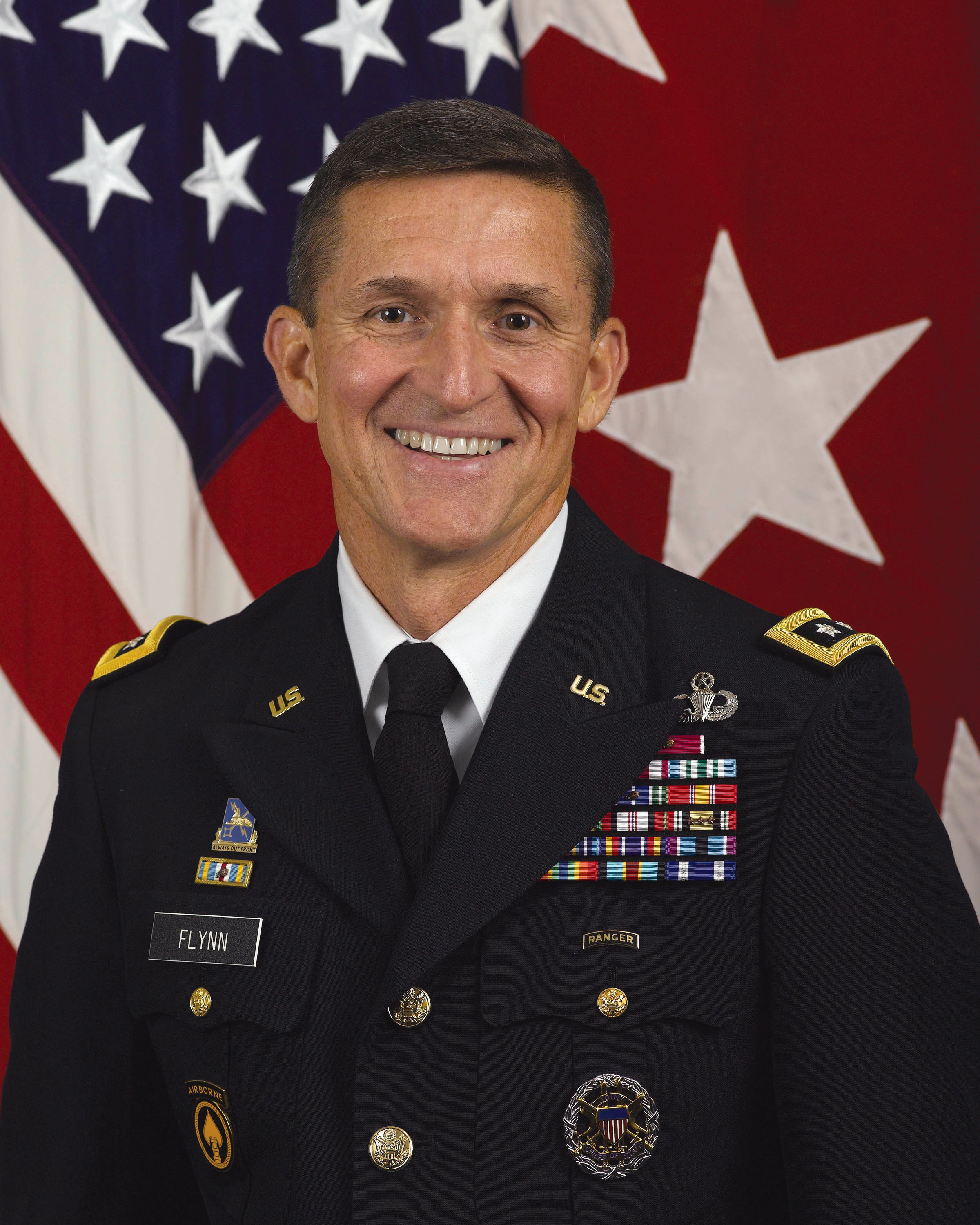Fresh controversy swirled around former US national security adviser Michael Flynn Thursday after one report claimed he told the Trump transition team he was under federal investigation before he started in the role, and another said he opposed a military operation in Syria that Turkey would have opposed while he was secretly in its pay.
The claims emerged even as it was announced that former FBI Director Robert Mueller had been appointed as special counsel to oversee the federal investigation into Russia’s attempts to influence the 2016 election and the possibility of collusion with President Donald Trump’s campaign officials — a legal tangle in which Flynn plays a central role.
Wednesday’s New York Times report, citing two people familiar with the case, claimed that Flynn told the Trump transition team more than two weeks before the inauguration that he was under federal investigation for secretly working as a paid lobbyist for Turkey during the campaign.
Flynn was appointed national security adviser despite this revelation, which was made on January 4 to the transition team’s chief lawyer Donald McGahn, now the White House counsel, the New York Times said. “That conversation, and another one two days later between Mr. Flynn’s lawyer and transition lawyers, shows that the Trump team knew about the investigation of Mr. Flynn far earlier than has been previously reported,” it said.
Meanwhile, a McClatchy Newspapers report, citing members of Congress, claimed that just before Trump’s inauguration, Flynn opposed a military operation to which Turkey would have objected while being paid to lobby on the country’s behalf, a contract he had not disclosed.
Raqqa plan
Congress has been told the Obama administration wanted the incoming Trump administration to sign off on a Pentagon plan to retake ISIS stronghold Raqqa with Syrian Kurdish forces, because the operation would likely happen after Trump took office.
Then-President Barack Obama’s national security adviser Susan Rice briefed Flynn, who according to the McClatchy report “didn’t hesitate” to tell her to hold off.
One US official explained to CNN the Obama administration offered to green light arming the Kurds during the transition in order to spare Trump the fallout with Ankara. The official had the impression Trump’s people vetoed it because they wanted to do their own strategic review. The official did not speak to Flynn’s role in this.
That decision meant the operation — which was ultimately approved by Trump — was delayed by months.
The Pentagon finally announced last week that Trump had authorized the limited arming of Syrian Kurds to help in the fight against ISIS in Raqqa, despite strong opposition from US NATO ally Turkey.
Speaking alongside Trump at the White House on Tuesday, Turkish President Recep Tayyip Erdogan stressed that Turkey would not consider any plans for Kurdish groups to be part of the region’s future.
Turkey sees these militias, which are widely seen as the most effective fighting force on the ground, as an extension of the outlawed Kurdistan Workers Party, or PKK, which is considered a terrorist group in the US, Turkey and Europe. The US views the two Kurdish groups as distinct organizations.
Comey claim
Flynn was forced to resign in February after lying to Vice President Mike Pence about the nature of his conversations with Russia’s ambassador to Washington, Sergey Kislyak.
Since then, it’s emerged that he was paid at least $500,000 to represent Turkey’s interests during the 2016 US election campaign and reportedly didn’t properly report a speech he gave to RT TV, a media operation widely regarded as a propaganda arm for the Russian government.
The Trump administration has been plagued by questions over Flynn, who was fired only 24 days into the role, and he’s a key figure in ongoing investigations by Congress and the FBI.
Stoking the fire, the New York Times and then CNN reported Tuesday that Trump had asked former FBI director James Comey to drop the probe into Flynn before he sacked him on May 9.
Since he resigned, Flynn — who denies wrongdoing — has retained a lawyer and offered to testify in exchange for immunity from prosecution.




